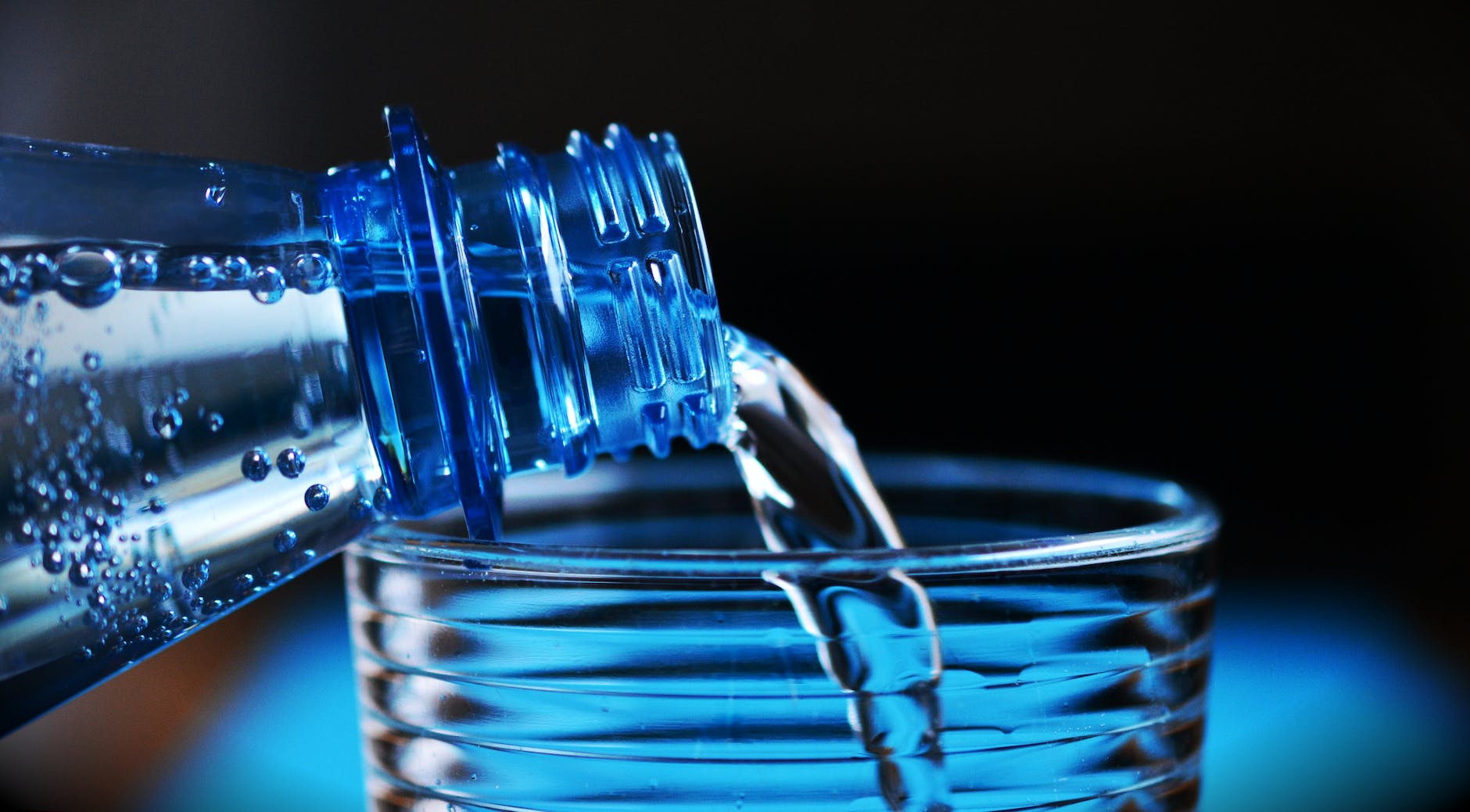Hydration to prevent dehydration refers to the process of consuming adequate amounts of fluids, primarily water, to maintain the body’s fluid balance and prevent the physical condition of dehydration. Dehydration occurs when the body loses more fluids than it takes in, leading to an imbalance in the body’s electrolytes, which are essential for normal function of the body. Therefore, regular hydration is crucial to prevent dehydration and its associated health risks.

Pros of Hydration to Prevent Dehydration:
1. Maintains Body Function: Proper hydration helps in maintaining various bodily functions such as digestion, absorption, circulation, creation of saliva, transportation of nutrients, and maintenance of body temperature.
2. Boosts Energy: Water helps in boosting energy levels and fights fatigue. It also helps in flushing out toxins from the body.
3. Promotes Skin Health: Hydration helps in maintaining the elasticity of the skin and prevents dryness, flakiness, and premature aging.
4. Prevents Headaches: Dehydration can often lead to headaches. Staying hydrated can prevent this.
5. Enhances Physical Performance: Proper hydration can prevent muscle cramping and lubricates the joints, which enhances physical performance.
6. Supports Weight Loss: Drinking water can help in weight loss as it increases the feeling of fullness and boosts metabolism.
Cons of Hydration to Prevent Dehydration:
1. Overhydration: Drinking too much water can lead to a condition called hyponatremia, which can be life-threatening. This happens when the amount of salt and other electrolytes in your body become too diluted.
2. Frequent Urination: Drinking a lot of water can lead to frequent urination, which can be inconvenient especially during the night or during important events or meetings.
3. Kidney Damage: Overhydration can put a strain on the kidneys by making them work too hard to filter the excess water.
4. Disruption of Electrolyte Balance: Drinking too much water can disrupt the balance of electrolytes in the body, which can affect muscle function and heart health.
5. Can Cause Digestive Issues: Drinking too much water before, during, or after meals can dilute stomach acid and digestive enzymes, making them less effective for breaking down food.
1. Mayo Clinic: https://www.mayoclinic.org/diseases-conditions/dehydration/symptoms-causes/syc-20354086
2. WebMD: https://www.webmd.com/a-to-z-guides/dehydration-adults
3. Healthline: https://www.healthline.com/nutrition/7-health-benefits-of-water
4. Medical News Today: https://www.medicalnewstoday.com/articles/153363
5. Cleveland Clinic: https://my.clevelandclinic.org/health/articles/15050-avoiding-dehydration
6. American Heart Association: https://www.heart.org/en/healthy-living/fitness/fitness-basics/staying-hydrated-staying-healthy
7. National Health Service (UK): https://www.nhs.uk/conditions/dehydration/
8. Centers for Disease Control and Prevention (CDC): https://www.cdc.gov/nutrition/data-statistics/plain-water-the-healthier-choice.html
9. World Health Organization (WHO): https://www.who.int/news-room/fact-sheets/detail/drinking-water
10. Harvard Health Publishing: https://www.health.harvard.edu/staying-healthy/the-importance-of-staying-hydrated
11. National Institute on Aging: https://www.nia.nih.gov/health/getting-enough-fluids
12. U.S. National Library of Medicine: https://medlineplus.gov/dehydration.html
13. American Academy of Family Physicians: https://familydoctor.org/dehydration-and-heat-stroke/
14. KidsHealth: https://kidshealth.org/en/parents/dehydration.html
15. American Academy of Pediatrics: https://www.healthychildren.org/English/health-issues/conditions/from-insects-animals/Pages/Water-Dehydration.aspx

In conclusion, while hydration is essential in maintaining overall health and preventing dehydration, it is equally important to avoid overhydration. Drinking the right amount of water based on individual needs, considering factors like age, sex, weight, physical activity level, and climate, can help maintain the body’s fluid balance and prevent dehydration. It’s crucial to listen to your body and hydrate accordingly. Remember, balance is key when it comes to hydration. Too little can lead to dehydration, and too much can lead to overhydration, both of which can have serious health consequences. Therefore, it’s always advisable to consult with a healthcare professional to determine the right amount of water intake for you.

